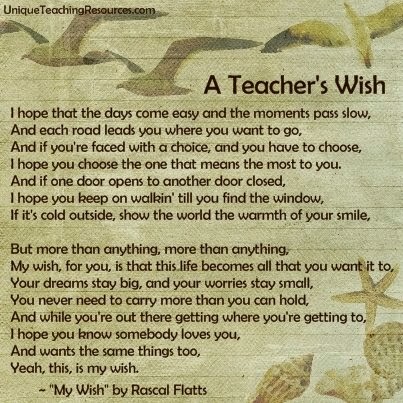Fluency: What is it? Why is it important?
If someone is fluent in speaking another language or in playing an instrument, there's a smooth, graceful and easy quality to it. The same is true with reading skills. Reading fluency is a child's ability to read a book or other text correctly, quickly, and with expression. A fluent reader doesn't have to stop and "decode" each word. Rather, most of the words can be read automatically. This means the reader can focus his attention on what the story or text means. For that reason, fluency is critically important — it is the bridge between decoding words and understanding what has been read.
How can we foster reading fluency?
Parents can help their child develop reading fluency through a few simple and fun activities.
Paired or "Buddy" Reading
The easiest and best way to help your child develop fluency is to sit with your child and read! Read together every day, which is often called paired or buddy reading. To use paired reading, simply take turns reading aloud. You go first, as your reading provides a model of what good fluent reading sounds like. Then, ask your child to re-read the same page you just read. You'll notice that your child's reading will start to sound more and more like yours. Do this for several pages. Once your child is comfortable enough, and familiar enough with the book, take turns reading page for page.
Reread Favorite Books
Another way parents can help develop fluency is to build a tall stack of books that your child can read quickly and easily. Encourage your child to reread favorite books over and over again. With each reading, you may notice your child reading a bit easier, a bit faster, and with a bit more confidence and expression.
Record It
Another fun way to practice reading and build fluency is to have your child create her own audio books. This can be done simply with a tape recorder or audio recording feature or app (like Audioboo) on your phone. Or, use something more sophisticated like StoryKit, where a user can create an electronic storybook and record audio to accompany it. Regardless of the method you choose, your child will be practicing what they want to record and that reading practice is critical. Sharing your audio recordings with family and friends is a great motivator too!
These activities are easy and require very few materials. Doing these activities with your child will help build fluency — a skill that will last a lifetime.
